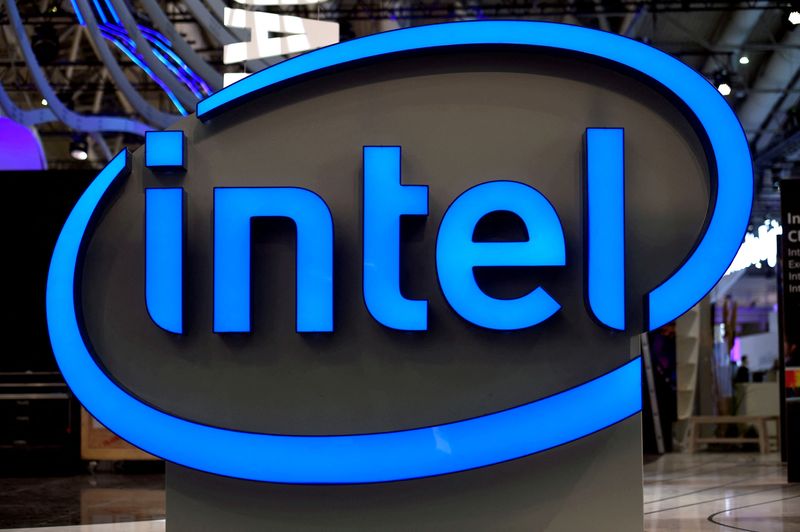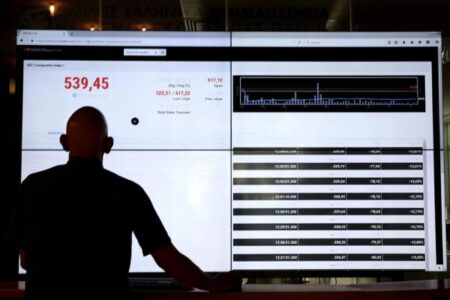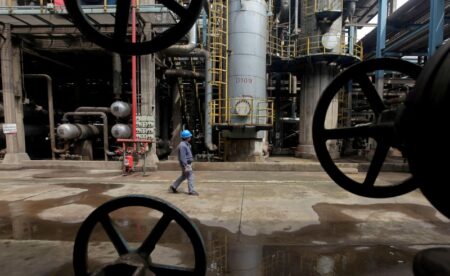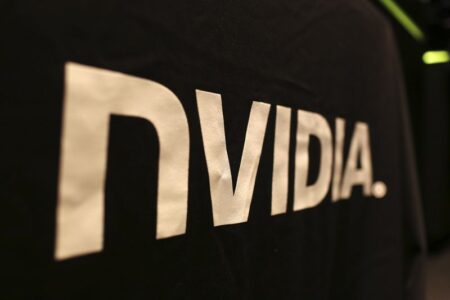Investing.com — Northland Capital Markets analysts said in a note Tuesday that Intel (NASDAQ:) made a “strategic error” in its efforts to execute a turnaround, particularly criticizing the company’s outdated design methodologies and the challenges it faces in modernizing its internal processes.
According to Northland, Intel’s product designs have not evolved since the 1990s, resulting in delayed and underperforming chips. The analysts highlight that Intel lacks the reusable intellectual property (IP) blocks essential for efficient product development, instead relying on what they describe as “IP blobs” that are difficult to reuse.
However, despite these issues, Northland remains optimistic about Intel’s long-term prospects, maintaining an Outperform rating on the stock.
“The company has executed its development of next-generation process technology, and we believe Intel’s value is in its process technology,” writes Northland.
The firm points to the potential impact of Lip-Bu Tan, who recently stepped off Intel’s board but is recognized for his success in turning around Cadence Design Systems (NASDAQ:).
The analysts suggest that Tan could play a crucial role in revamping Intel’s design methodology and attracting foundry customers, given his extensive connections in the semiconductor industry.
On the manufacturing side, Northland notes that Intel’s once-reliable “tick-tock” model—alternating between new architecture and new process technology each year—has faltered since the 10nm process node.
They explain that it has led to overbuilt capacity at outdated nodes, with 80% of Intel’s output still tied to 14nm/10nm processes, which Northland describes as “not competitive.”
Despite these challenges, Northland highlights geopolitical factors as a reason to remain bullish on Intel.
The firm states: “China will likely move towards reuniting Taiwan in 2024-2027. One possibility is around the 2024 US election when there is chaos regarding whose president and ongoing conflicts in Ukraine and the Middle East. 2027 is the PRC’s 100th anniversary, when China has expressed the desire to reunify Taiwan.”
They add: “In our view, this probability of TSMC being disrupted makes Intel a valuable asset. For these reasons, we view Intel’s manufacturing process and fabs as a strategically important asset that will succeed at all costs.”
Read the full article here















